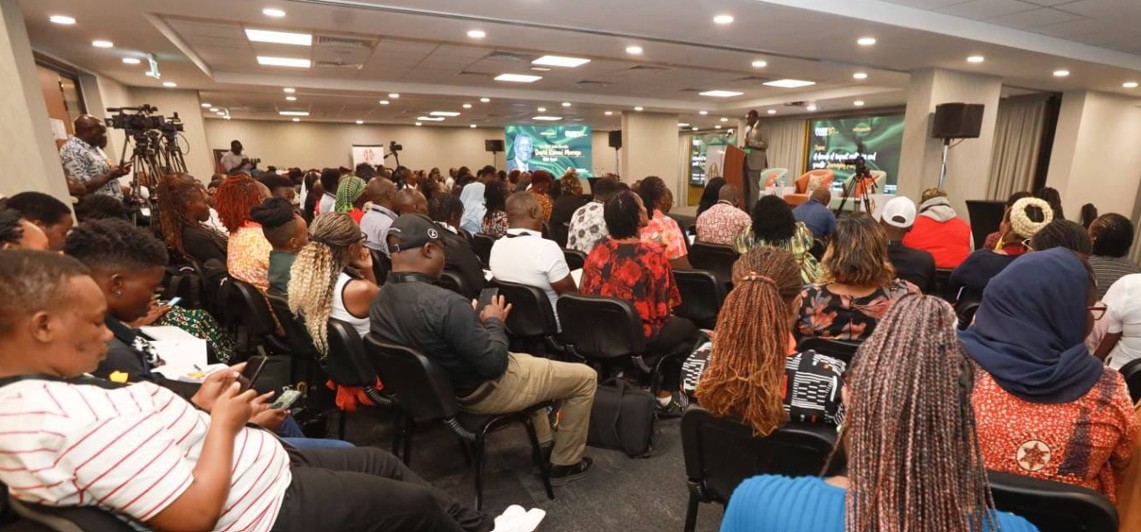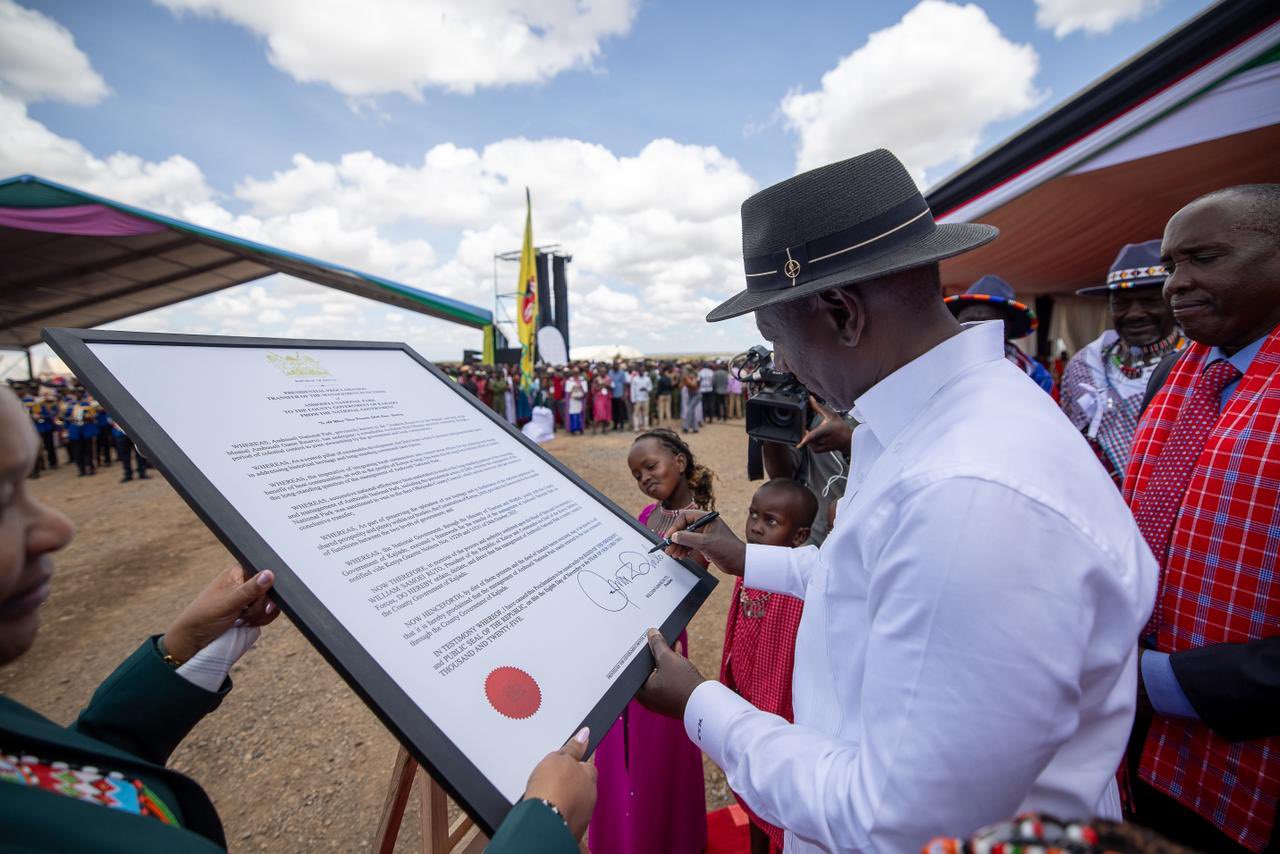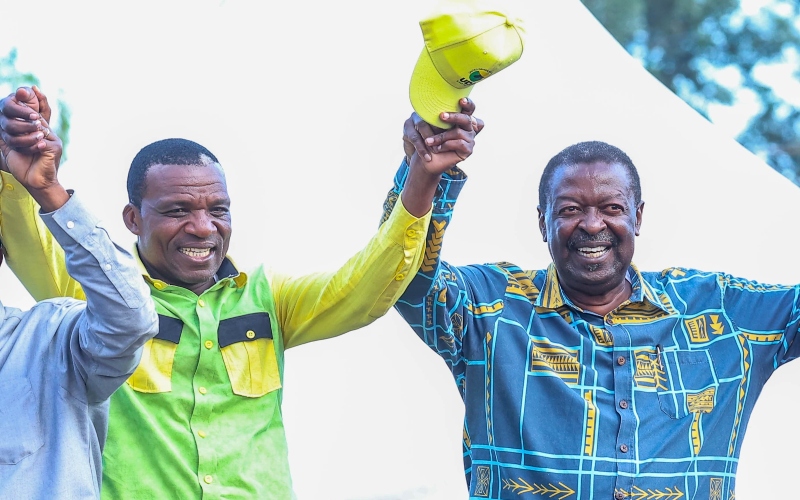Rights experts sound alarm on AI’s potential to target activists, undermine electoral integrity

Kenya’s tech-savvy population, fuelled by widespread internet access via mobile phones, has made the country an active participant in AI.
The 10th Human Rights Academy in Nairobi concluded with a stark warning to activists about the growing threats that artificial intelligence (AI) poses to both them and the integrity of Kenya’s elections.
Over 200 human rights defenders (HRDs) convened by the Defenders Coalition were reminded by KICKTANet that AI can be used to target, silence, and attack them.
More To Read
- ChatGPT, Copilot forced off WhatsApp as Meta enforces new AI restrictions
- Report: Civic space in Kenya shrinking, citizens face restrictions on expression and assembly
- Maraga says presidential bid driven by desire to put Kenya back on constitutional rails
- Anthropic launches Claude Opus 4.5, its most advanced AI yet
- X introduces transparency tool to curb bots and impersonation
- UN warns AI, anonymity fuel violence against women online
"AI can, for example, use facial recognition technologies to identify and suppress them and their work aggressively, as well as through micro-targeted manipulation," the network said, underscoring the need for caution among those leading the fight for civil liberties.
The Defenders Coalition explained that the AI-focused session aimed to strengthen HRDs’ understanding of how to engage with, adapt to, and responsibly leverage AI to promote human rights and protect democratic processes.
"Through practical exercises, presentations, and scenario-based discussions, participants are gaining hands-on experience and new perspectives on emerging technologies," the network said.
False information
Participants were also trained on how AI spreads false information, particularly by political actors attempting to shape narratives against opponents.
This trend has been observed in every major and minor election cycle. For instance, during recent by-election campaigns, manipulated images from a campaign event in Mbeere North went viral after being shared on X.
The sessions concluded that AI can also be used to undermine citizens’ right to vote freely.
Earlier this year, in March, the government launched the country’s inaugural Artificial Intelligence Strategy (2025-2030), aimed at harnessing AI for development, security, and public good.
The strategy acknowledges several concerns raised during its development, including AI’s potential disruptions to labour and the economy, misuse of personal information, erosion of key human rights such as the right to privacy, expansion of inequalities, and use for surveillance. Experts also noted Kenya’s regulatory unpreparedness, which could enable further misuse.
Kenya’s tech-savvy population, fuelled by widespread internet access via mobile phones, has made the country an active participant in AI.
While the government has provided political support for AI development, this same demographic has also contributed to the spread of disinformation and misinformation.
Unfortunately, the strategy notes that these developments are occurring while Kenya’s regulatory frameworks for cybersecurity and misinformation remain underdeveloped, leaving gaps in efforts to mitigate these challenges.
Top Stories Today














































